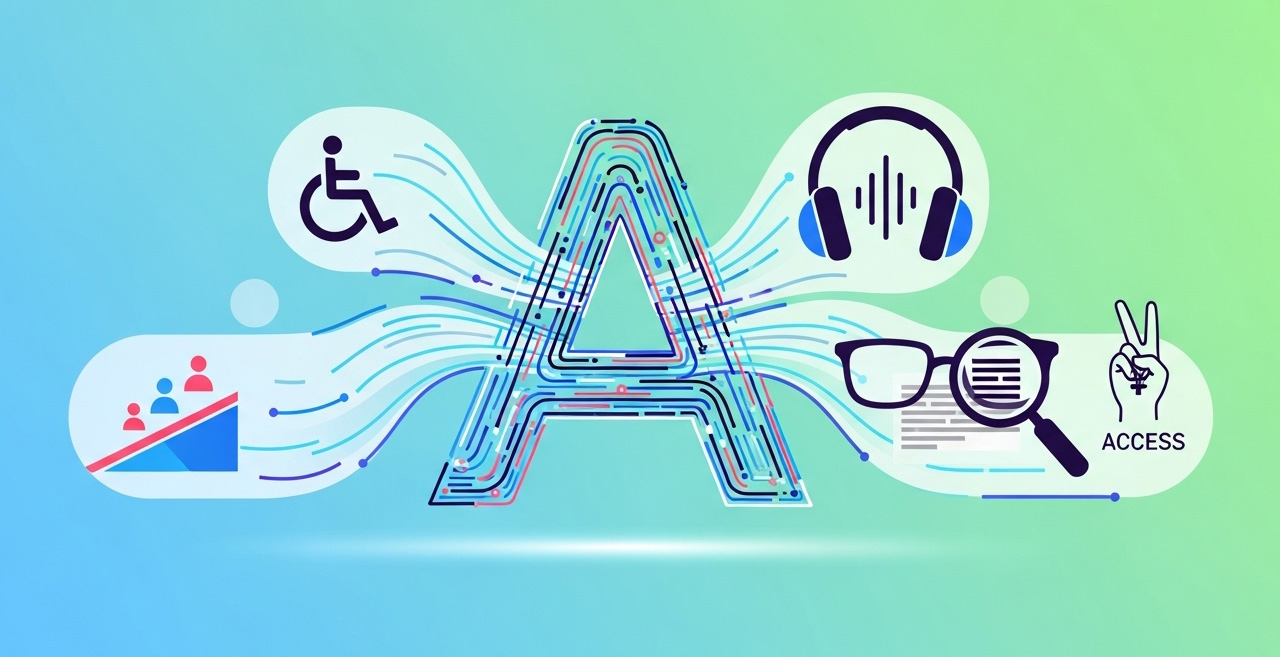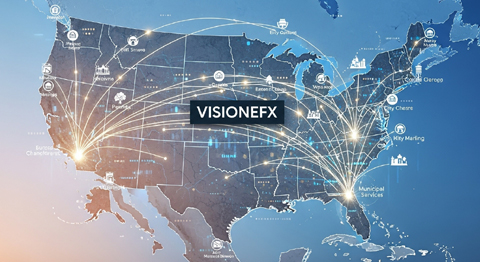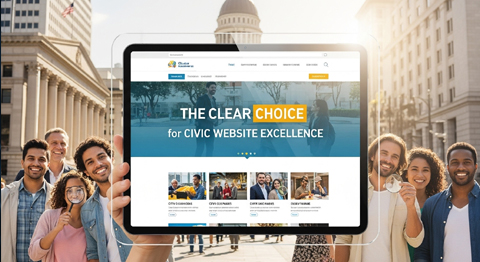
Cost-Effective ADA Compliance for Websites
The new ADA (Ally) Elementor plugin offers built-in web accessibility features specifically for WordPress and Elementor websites.
At the same time, third-party ADA compliance services, such as Userway and accessiBe, provide AI-powered overlays, monitoring, and advanced legal protections for broader website platforms.
Specifically, Ally stands out with its zero-cost and paid plans, as well as native integration for site owners. In contrast, Userway and accessiBe are premium, subscription-based tools with differing feature sets and support.

Functionality Comparison
Ally (Elementor):
- Free and Paid WordPress plugins designed for Elementor, providing a usability widget and scanning tools.
- Features include on-demand accessibility audits, user customization (contrast, text size, animation control), progress tracking, and accessibility statement generation.
- Does not require coding and integrates directly into the website builder process, giving real-time feedback to creators for WCAG and ADA compliance.
Userway:
- Userway is a paid, cloud-based overlay widget compatible across platforms.
- Features include AI remediation, a customizable accessibility menu, automated fixes (such as adding alt text and form fields), compliance monitoring, analytics, and professional support. Includes litigation insurance and a legal guarantee for higher-tier plans.
accessiBe:
- accessiBe is a subscription-based AI overlay for almost any website.
- Features include automated daily scans and fixes, accessible UI, litigation support, reporting, profile support (visual, cognitive, motor impairments), and compliance documentation for legal needs.
Cost Comparison Table
| Solution | Annual Price (Base) | Platform Support | Main Features | Legal/Litigation Support |
| Alley Elementor | Free | WP, Elementor only | Widget, audit, user controls, basic scanning | No |
| Userway | $490/year | Any | AI overlay, monitoring, analytics, guarantees | $10K guarantee |
| accessiBe | $490/year (5K visits) | Any | AI overlay, daily scans, profiles, documentation | Optional, plan-based |

Pros and Cons
ADA Alley Elementor Plugin
Pros:
- Free to use for all Elementor and WordPress users
- Direct integration with Elementor for real-time feedback and corrections
- Focused, non-intrusive UI empowering users to customize their experience.
- Includes accessibility statement generation
Cons:
- The feature set is currently limited to Elementor and the WordPress ecosystem.
- No litigation protection
- Fewer advanced monitoring or reporting features compared to premium overlays
* Most website owners are not automatically protected from ADA non-compliance lawsuits simply by claiming to have made reasonable accommodations; courts closely examine what constitutes “reasonable” on a case-by-case basis, and the standard is not strictly defined. There is no cut-and-dry answer, as the decision typically hinges on whether a judge determines that the website owner has made a genuine, satisfactory effort to ensure accessibility for people with disabilities.
Userway and accessiBe
Pros:
- Multi-platform support (WordPress, Squarespace, Shopify, Custom civic sites, etc.)
- AI-driven remediation with ongoing monitoring and automated fixes
- Detailed analytics, compliance documentation, strong customer/legal support
- Litigation insurance is included in higher-tier plans
Cons:
- Significant annual cost, especially for high-traffic or enterprise-level sites
- The overlay approach may be less customizable for developers wanting deeper manual control.
- Some excluded issues require manual updates or extra services, so that no tool can guarantee 100% compliance.

FAQ
Q: Is the ADA Alley plugin sufficient for full legal ADA compliance?
A: The plugin facilitates adherence to core guidelines (WCAG/ADA), but ultimate compliance also depends on site content, continual updates, and may not cover every edge case versus a combined manual/automated approach.
Q: Can Userway or accessiBe guarantee protection from lawsuits?
A: These services offer legal support, compliance reports, and litigation guarantees at specific price points, reducing (but not eliminating) risk. Complete protection usually requires manual audits and legal oversight.
Q: Do I need a third-party solution if I’m using Elementor + Alley?
A: For most small to midsize Elementor sites, Alley offers extensive coverage. For extra legal peace of mind, enterprise needs, or broader platform compatibility, Userway or accessiBe might be warranted.
Q: Are overlays “instant fixes”?
A: While overlays apply instant changes and automate core fixes, complex issues (PDFs, videos, third-party widgets) may still require manual accessibility work.
Q: Does usability suffer with accessibility plugins or overlays?
A: If properly configured, both approaches improve usability and customize the experience for all users. However, overlays can sometimes cause unexpected UI changes if not tested alongside custom code/themes.
Q: What type of websites must conform to WCAG, ADA, and EAA?
A. The types of websites that must conform to WCAG, ADA, and EAA standards vary by jurisdiction and the law involved, but generally include:
ADA (Americans with Disabilities Act)
- ADA Title II applies to the websites of state and local government agencies, as well as their funded projects. These websites must meet WCAG 2.1 A and AA standards by 2026 to 2027, depending on their size.
- ADA Title III applies to private entities considered “places of public accommodation,” such as retailers, restaurants, hotels, and other businesses that serve the public; courts have extended this to include their websites, web applications, and digital content.
- This means most commercial, public-facing websites targeting customers in the U.S. should be accessible under ADA interpretation.
WCAG (Web Content Accessibility Guidelines)
- WCAG 2.1 AA is the de facto technical standard for accessibility globally; compliance is expected for websites, mobile apps, SaaS platforms, and digital content.
- While WCAG itself is not a law, it is referenced by rules and regulations worldwide as the standard for accessibility compliance, including the ADA and EAA.
EAA (European Accessibility Act)
- The EAA requires private and public sector websites in EU member states to be accessible, specifically by complying with WCAG 2.1 AA standards by June 28, 2025.
- This applies to a broad range of online offerings, including websites, e-commerce platforms, digital banking tools, and other digital products and services.
- Non-EU businesses serving EU customers also fall under EAA requirements.
Summary Table
| Law/Guideline | Applies To | Compliance Standard | Deadline |
| ADA Title II | State/local government websites and projects | WCAG 2.1 A, AA | 2026-2027 |
| ADA Title III | Private entities, “places of public accommodation,” and websites | WCAG 2.1 A, AA (interpreted) | Ongoing |
| WCAG | All websites/applications referenced by law | WCAG 2.1 AA (de facto standard) | Continuous |
| EAA | EU member states’ public & private sector websites, e-commerce, banking, & non-EU serving EU customers. | WCAG 2.1 AA | June 28, 2025 |
In essence, most public-facing websites, including government websites, commercial retail and e-commerce sites, service providers, and digital platforms in the U.S. and EU, are required or strongly expected to conform to WCAG standards as referenced by ADA and EAA laws.

About VISIONEFX
We design professional websites for small business owners throughout the United States.
Moreover, we take customer satisfaction and service seriously.
When clients return to VISIONEFX for multiple redesigns and website enhancements, it signals a deep level of trust in our expertise, creativity, and commitment to their online success.

VISIONEFX Civic Solutions and Support
VISIONEFX also provides webmaster support and design services for civic websites, drawing on years of dedicated service to municipal and county governments.
Furthermore, our company’s expertise spans all critical areas of civic web management, including city website updates, county website redesigns, and comprehensive local government web services.
Please read what our customers have to say about VISIONEFX on Google Reviews.
For more information, call (757) 619-6456 or use our contact form.



